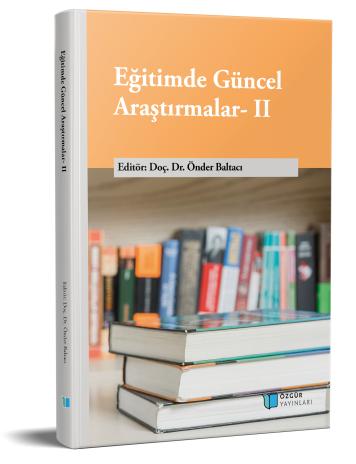
Beyond known and unknown: Is language learning a set of habits?
Şu kitabın bölümü:
Baltacı,
Ö.
(ed.)
2023.
Eğitimde Güncel Araştırmalar- II.
Özet
Linguists and psychologists disagree on how important habit formation is in language learning. The notion of habit, which makes sense in the behaviorist tradition, is formed through repeated association between certain stimuli and responses, and language learning involves a kind of conditioning process. In contrast, cognitivists consider language learning as a cognitive process linked to understanding and have severely criticized behaviorists for ignoring the communicative and semantic aspects of language. Since the 1960s, when cognitivism flourished, the notion of habit has been treated as the ugly duckling shunned by its mother in the field of language acquisition. Fortunately, recent psychological research on habit provides clues that language learning is a set of habits. This article challenges the idea that language learning strategies and learning styles have a universal and ultimate influence on learners' language learning, arguing that they are in fact a reflection of habit formation. In this context, the results of research in psychology on language learning strategies, learning styles and habituation were reviewed and the processes of habit formation in the language learning process were discussed.

